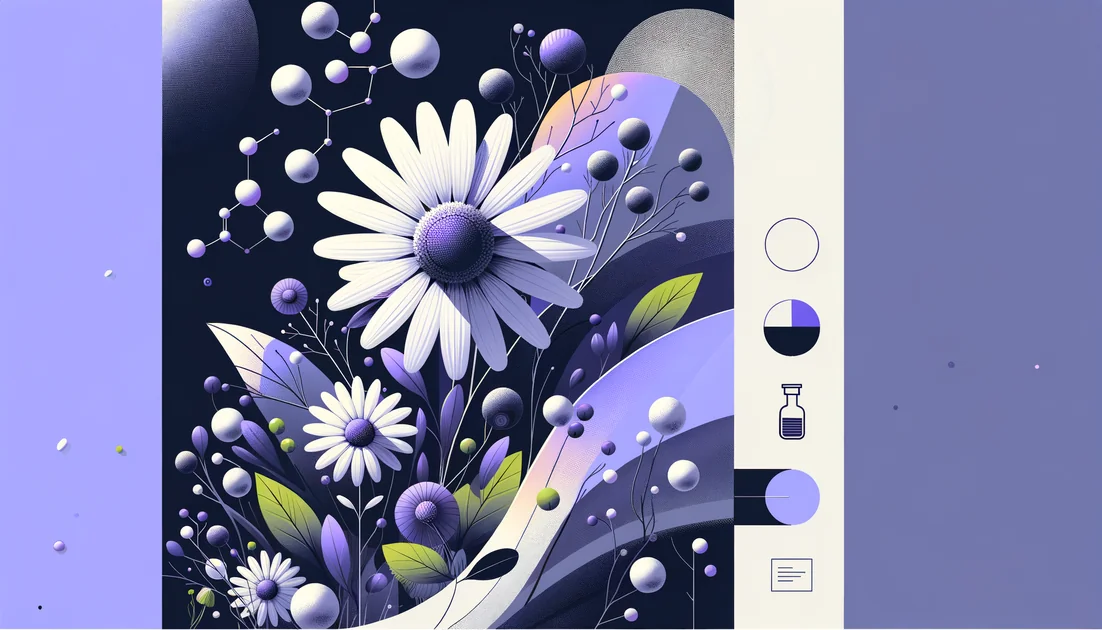
Chamomile's Quiet Power: from ancient cradle tea to cautious clinical promise
You're holding a warm cup that smells faintly of apples. For centuries people have reached for this daisy-like flower to settle the stomach, soften worry, and coax sleep. But what, exactly, does chamomile really do—and what does the science say? [1]
- Evidence
- Promising
- Immediate Effect
- Yes (mild relaxation within hours) → 2–4 weeks
- Wears Off
- Often within 2–4 weeks after stopping
A flower with a long memory—and a modern question
Chamomile threads through medical history—from papyrus and Greek pharmacopeias to today's kitchen shelves. Ancient sources and later European traditions catalogued its uses for digestion, colds, and skin irritation; modern regulators in Europe still classify matricaria (German chamomile) as a traditional medicine for minor GI spasms, colds, mouth and throat irritation, and mild skin inflammation. In other words, time has carried this plant far, even if many uses rest on experience more than rigorous trials. [1][7]. And yet the question persists: does it really calm anxious minds and improve sleep? Researchers have spent the past two decades following the trail.
Following the trail for sleep
Recent clinical reviews give us a clearer map. A 2024 systematic review pooling ten trials found that chamomile improved overall sleep quality (especially fewer awakenings), though it didn't reliably lengthen sleep or boost daytime function; better trials using objective sleep measures are still needed. Earlier analyses came to similar, cautiously positive conclusions. Think of chamomile as nudging the "rest switch," not rewiring the whole system. [2][3]. The human stories inside those statistics matter. In one randomized study of postpartum women, two weeks of chamomile tea modestly improved sleep inefficiency and eased depressive symptoms—but the benefits faded after they stopped, a reminder that gentle plants often work while you engage with them. [14]. Among older adults, four weeks of standardized chamomile extract capsules improved self-reported sleep quality versus placebo—again without dramatic changes elsewhere. The pattern repeats: small, real shifts in how nights feel. [15].
Anxiety: from folk wisdom to clinic rooms
A landmark 2009 randomized, placebo-controlled trial in generalized anxiety disorder (GAD) found chamomile extract produced a greater reduction in anxiety scores than placebo over eight weeks. It wasn't a knockout punch, but it moved the needle. [4]. When the same group followed patients longer, their 38-week study saw this: continuing chamomile kept symptoms lower than switching to placebo, though it didn't significantly prevent relapse. Their plainspoken conclusion still resonates: "Chamomile appeared to be safe, with few mild side effects that were indistinguishable from placebo." [5]. Meta-analyses synthesize the landscape: benefits for overall sleep quality and for GAD symptom scores are plausible but modest; effects on diagnosed insomnia are inconsistent. That's the scientific way of saying chamomile helps some people some of the time—and rarely causes trouble. [2][3].
How a flower might calm a mind
If anxiety is the brain's fire alarm, chamomile seems to whisper to the guards. One of its flavonoids, apigenin, can latch onto the same receptor complex that sedative drugs use to enhance GABA—the brain's main "calm down" signal—producing gentle anti-anxiety and slight sedative effects in preclinical work. The essential oil also carries bisabolol and chamazulene, compounds explored for anti-inflammatory and soothing actions—hence the classic blue tint of the distilled oil. [6][12][13].
An unexpected arena: protecting the mouth during cancer care
Sometimes chamomile's story shifts from bedtime to the bright lights of oncology clinics. In people receiving chemotherapy, a 3% chamomile oral gel lowered the severity of painful mouth inflammation (mucositis) compared with standard care; older trials tested chamomile mouthwashes during 5-fluorouracil therapy with suggestive benefits. These are adjuncts, not cures—but for patients trying to eat and speak through treatment, a gentler mouth can change a day. [10][11].
Tradition validated—and bounded
Europe's herbal medicine committee (HMPC) still recognizes matricaria for traditional uses: minor gut cramps and gas, colds, irritated mouths, and mild skin inflammation—forms you can drink, inhale as steam, swish, or apply topically. That's a formal nod to centuries of safe, plausible use even when big clinical trials are sparse. [7].
Two expert voices worth hearing
"Chamomile appeared to be safe, with few mild side effects that were indistinguishable from placebo." — authors of the long-term GAD trial at the University of Pennsylvania. [5].
"It seems the chamomile acted synergistically with the warfarin in this case." — Dr. Louise Pilote, after a patient mixing chamomile tea and lotion with warfarin developed internal bleeding. The story is rare, but memorable. [9].
A gentle herb still requires respect
U.S. health agencies remind us: chamomile is generally safe in tea amounts; uncommon side effects include nausea, dizziness, and allergic reactions—more likely if you're sensitive to ragweed family plants. Importantly, interactions with drugs like cyclosporine and warfarin have been reported; that warfarin case underscores the point, and systematic reviews flag chamomile among herbs that can tilt bleeding risk. If you take anticoagulants or other critical medicines, talk to your clinician before adding daily chamomile. [1][8][16].
How to make chamomile work for you
For sleep: many trials used 1–2 cups of tea in the evening for 2–4 weeks, or standardized capsules (about 400 mg twice daily), aiming for a calmer night rather than longer sleep. [2][14][15].
For anxiety: extracts in research ranged roughly 220–500 mg up to three times daily over 8–12 weeks. Expect gradual change; check in with your clinician if you also use prescription anxiolytics. [4][5].
For mouth comfort during cancer care: follow your oncology team; some clinics use chamomile gels or rinses as part of a broader mucositis protocol. [10][11].
Choose products that specify species (Matricaria chamomilla/recutita for German chamomile; Chamaemelum nobile is Roman chamomile), and avoid blends if you're watching for interactions. The oil's deep blue isn't magic; it's chamazulene formed during distillation—beautiful chemistry, modest claims. [12][13].
Where the path leads next
Sleep researchers are calling for trials with actigraphy and polysomnography to see how chamomile changes the architecture of sleep, not just how it feels. Anxiety studies hint at benefit but need larger, multi-center designs to test long-term relapse prevention and dose. For now, this flower seems best as a gentle companion—part ritual, part remedy—whose strengths are subtle and whose limits deserve honesty. [2][5].
Key takeaways
- •Evidence snapshot: Trials suggest chamomile improves overall sleep quality but not sleep duration or daytime functioning; objective sleep measures are still needed.
- •Anxiety data: Standardized extract reduced symptoms more than placebo in mild–moderate GAD over 8 weeks; longer-term use kept symptoms lower than placebo, though relapse prevention wasn't statistically significant.
- •Practical dosing: Tea 1–2 cups nightly for 2–4 weeks; extract about 220–500 mg up to three times daily in studies—adjust with a clinician if you take other meds.
- •Timing & expectations: Use as a calming evening ritual for sleep; split extract doses across the day for anxiety. Expect gradual change over weeks, not overnight results.
- •Who may benefit: Occasional nighttime restlessness or frequent light awakenings; adults with mild anxiety; supportive use in oncology settings for mouth comfort gels/rinses.
- •Safety notes: Generally well-tolerated, but use caution with ragweed-family allergies and if taking anticoagulants (e.g., warfarin) or antirejection drugs (e.g., cyclosporine).
You might also like
Explore more of our evidence-led investigations, comparisons, and guides across every article style.

Puritan's Pride
Puritan's Pride: Industry-grade manufacturing meets discount pricing—so why is transparency still the weak link?
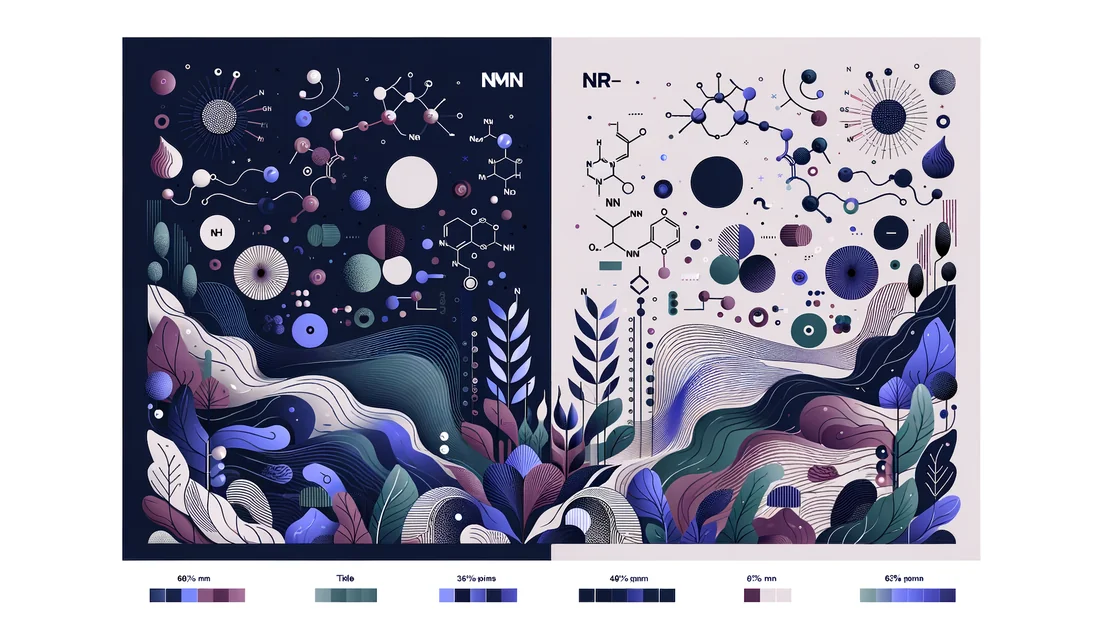
β-Nicotinamide Mononucleotide (NMN) vs Nicotinamide Riboside (NR, as NR chloride)
If you want the most standardized, widely available NAD+ booster with strong human data on NAD+ raising and safety, choose NR. If you're working with a clinician or enrolling in NMN trials, pharmaceutical-grade NMN can also raise NAD+, but retail NMN faces regulatory and quality issues. [1][2][5][8][11][13][14][16]
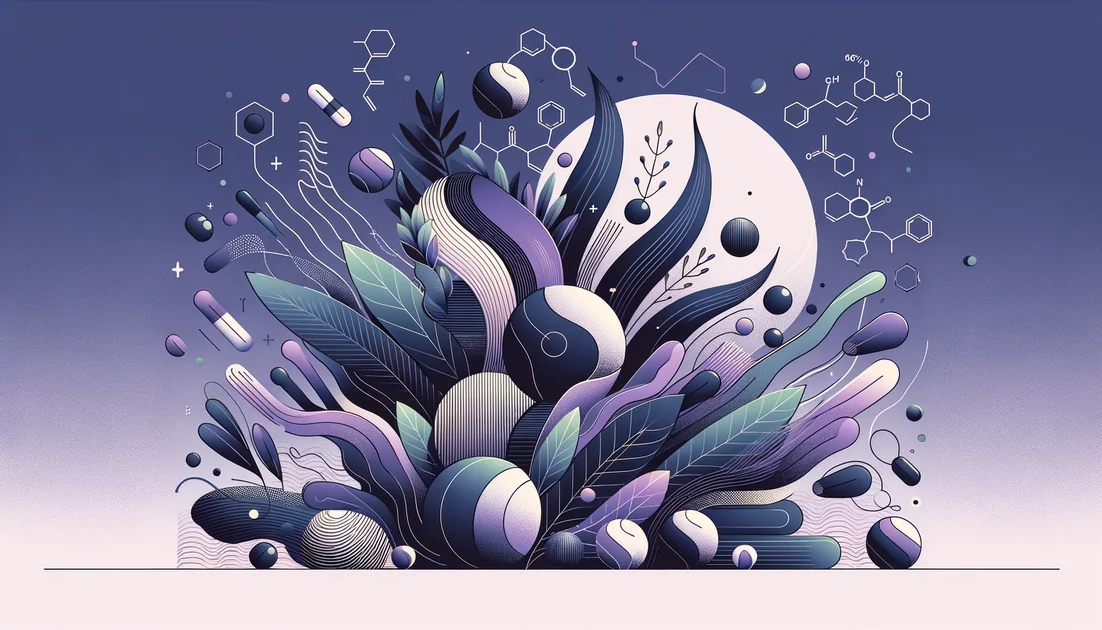
Best for focus
L-theanine (100–200 mg) + caffeine (40–160 mg)
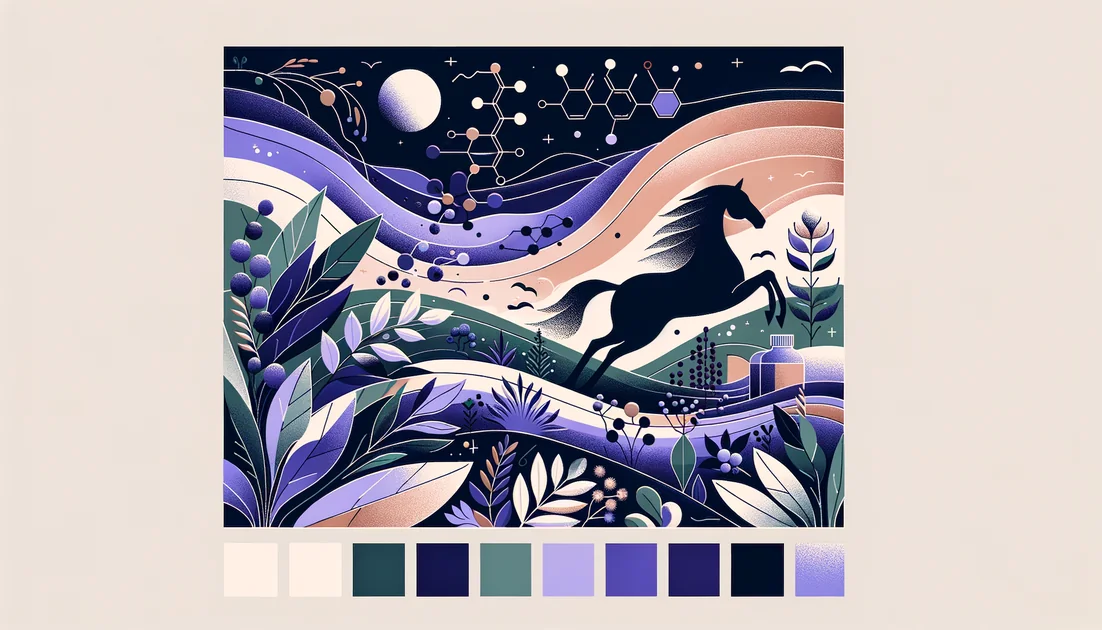
Ashwagandha (Withania somnifera)
The first surprise is in the name. Ashwagandha literally means "smell of a horse," a nod to roots said to carry the animal's odor—and, in Ayurveda, its vigor. Yet this earthy plant is most famous today for something quieter: helping people sleep, steady their nerves, and endure daily stress. How did a herb named for horsepower become shorthand for calm? [1]
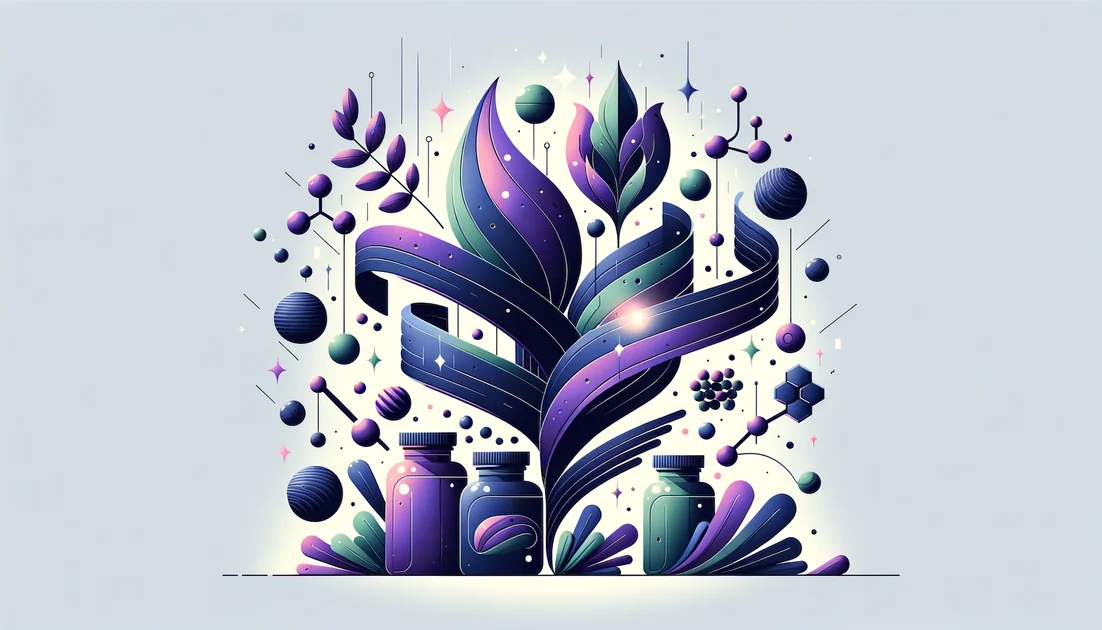
Protected Brain Fuel: Prevent The Damage
Protective + dual-pathway combo with promising but not definitive synergy; best for lowering inflammation/oxidative stress markers, not proven to outperform omega-3 alone on hard outcomes.

Tocotrienols
The stealthier cousins of vitamin E—built with springy tails that move differently in cell membranes and behave differently in your body.
